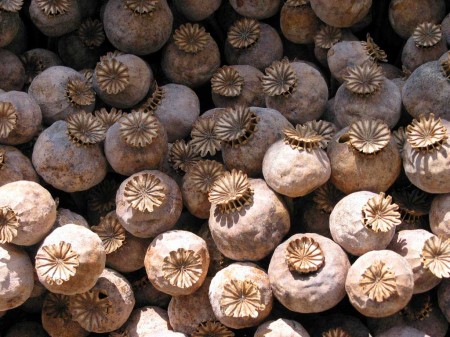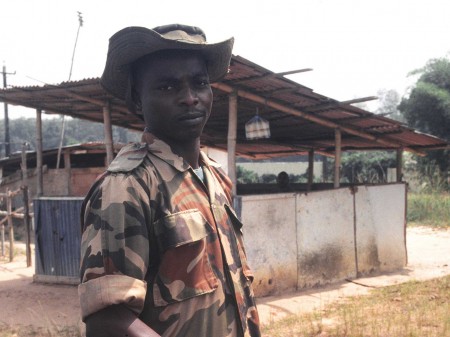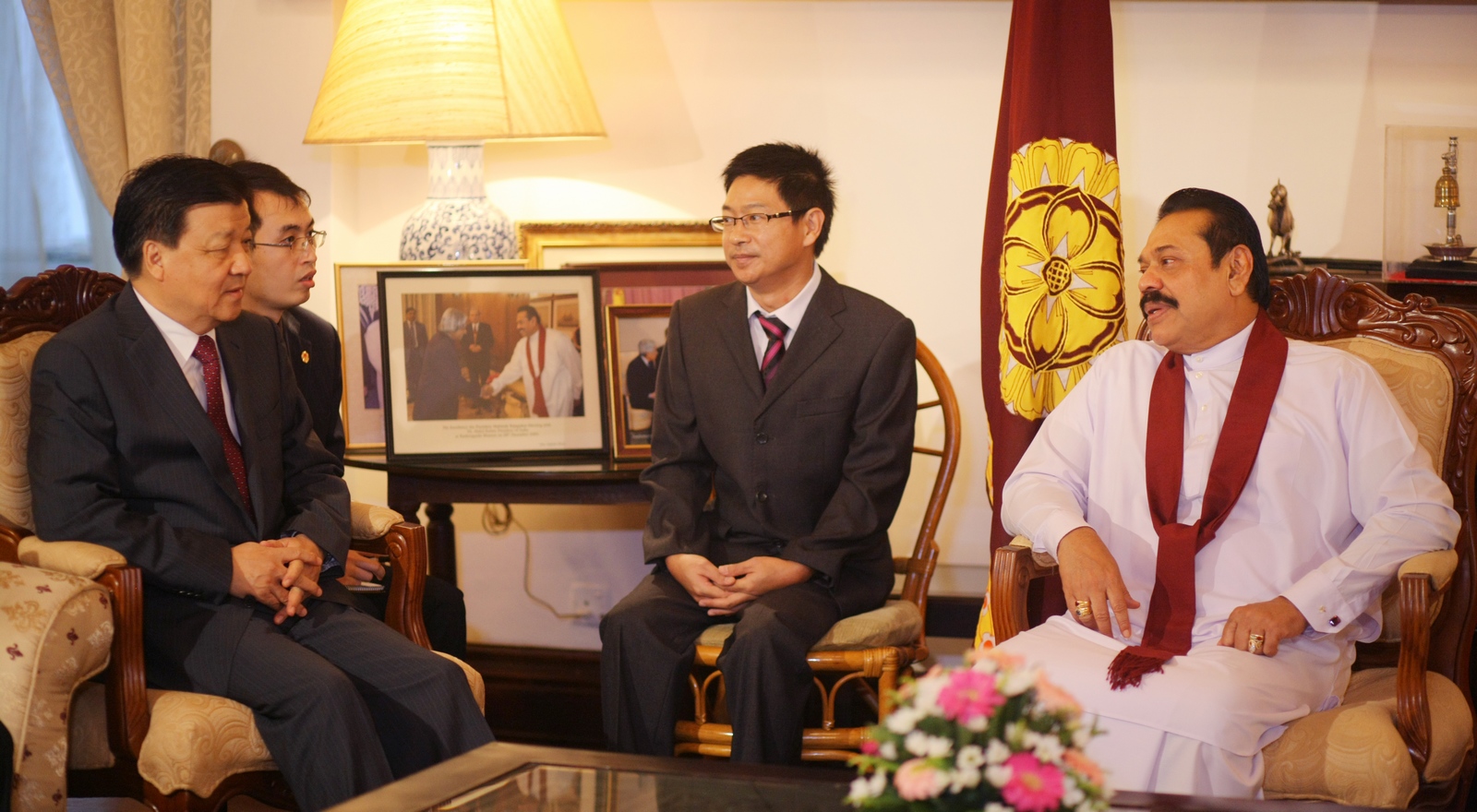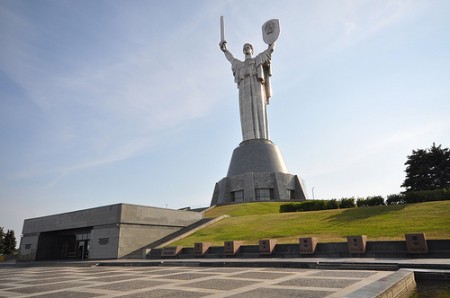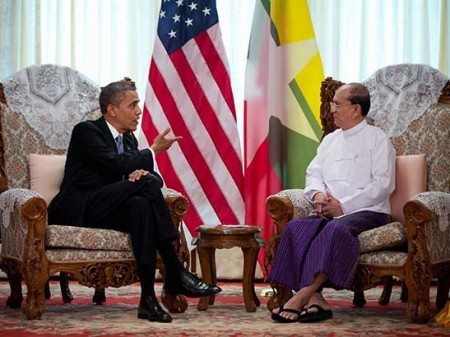
Since 2012 the United States, followed by Australia, has extended military assistance and relaxed restrictions on defence cooperation to Myanmar. Then Secretary of Defence Leon Panetta announced that the US would extend military assistance to Myanmar if the leadership continued to implement democratic reforms and improve human rights conditions.
Within a year the then Australian prime minister Julia Gillard announced a relaxation of restrictions on defence co-operation with Myanmar in recognition of its “critical reforms”. Australia wanted to encourage the development of a modern, professional defence force in Myanmar which continued to support democratisation and reform, she said.

